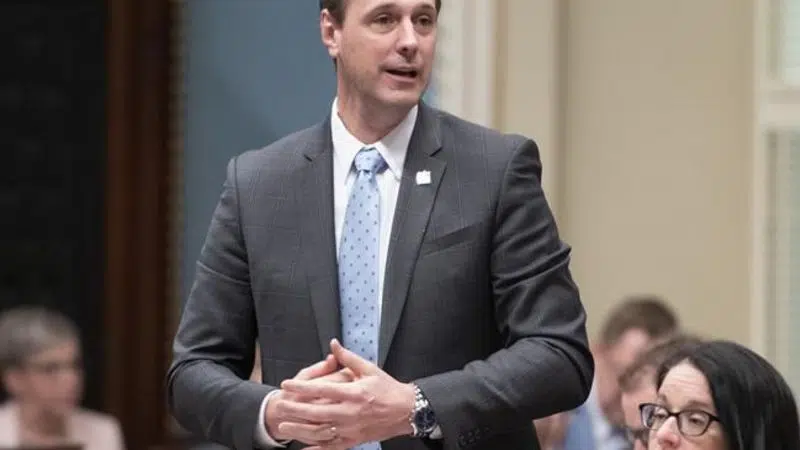
Montreal anglo community face demographic reality with more school transfers
Montreal’s anglophone community was hit hard by demographic reality Tuesday as the province announced it would take away three English-language schools and transfer them to the French system.
Quebec Education Minister Jean-Francois Roberge said the change will come in September to correct a situation in east-end Montreal where the French school board is short 3,000 spaces while some English schools operate at roughly half capacity.
“An empty class isn’t useful to anyone,” Roberge told reporters Tuesday. “We need to raise ourselves above a partisan debate or a debate of anglophones versus francophones.”
